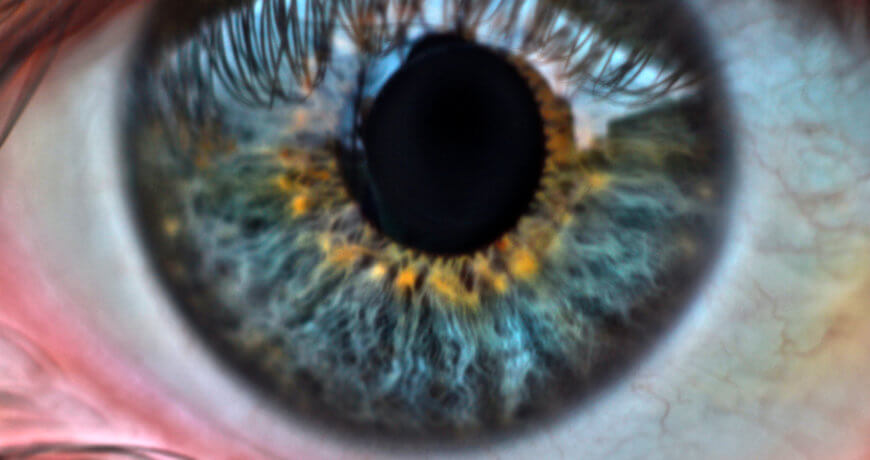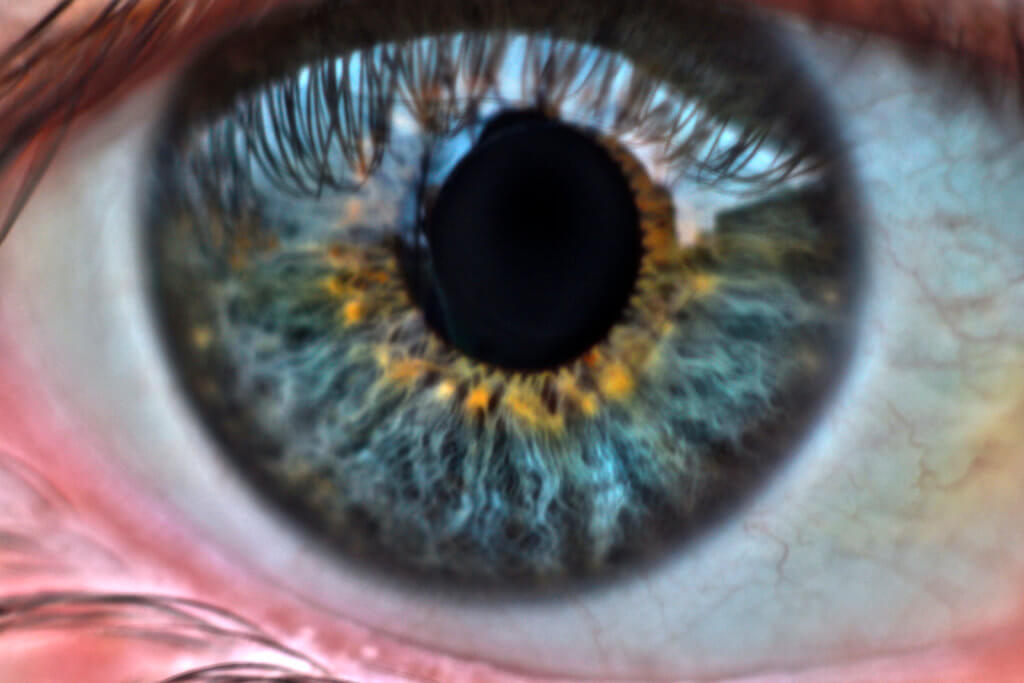Reversing Cataracts Linked to 30% Lower Risk of Developing Dementia 3
Cataracts affect most older adults at risk for dementia, and now researchers are finding strong evidence that cataract surgery is associated with a lower risk of developing dementia.
The Adult Changes in Thought (ACT) study is a long-standing, Seattle-based observational study at Kaiser Permanente Washington of more than 5,000 participants older than 65. Based on the longitudinal data of over 3,000 ACT study participants, researchers have now found that subjects who underwent cataract surgery had nearly 30% lower risk of developing dementia from any cause compared with those who did not.
This lowered risk persisted for at least a decade after surgery. Cataract surgery was also associated with lower risk of Alzheimer disease dementia specifically.
Lead researcher Dr. Cecilia S Lee, associate professor and Klorfine Family Endowed Chair in ophthalmology at the University of Washington School of Medicine, said the observational study adjusted for a number of potential confounders, yet still yielded a strong association.
“This kind of evidence is as good as it gets in epidemiology,” Lee said.
“This is really exciting because no other medical intervention has shown such a strong association with lessening dementia risk in older individuals.”
The mechanisms by which cataract surgery and lessened dementia risk are associated was not determined in this study. Researchers hypothesize that people may be getting higher quality sensory input after cataract surgery, which might have a beneficial effect in reducing the risk of dementia.
“These results are consistent with the notion that sensory input to the brain is important to brain health,” said co-author Dr. Eric B. Larson. Lee said another hypothesis is that after cataract surgery, people are getting more blue light.
“Some special cells in the retina are associated with cognition and regulate sleep cycles, and these cells respond well to blue light,” she said,
“Cataracts specifically block blue light, and cataract surgery could reactivate those cells.”
The study highlights a strong case for further research on the eye-brain connection in dementia. Previous studies by Lee’s group at the UW have shown a strong link between other retinal diseases, such as age-related macular degeneration, and the development of Alzheimer disease and dementia. Subjects with macular degeneration or other retinal degenerative diseases are more likely to develop dementia.
In the current study, subjects undergoing vision-improving cataract surgery had lower risk of developing dementia. Further understanding the connection between the aging eye and brain may offer insights and potential therapies to slow or prevent age-related dementia.
Source: Cecilia S. Lee, Laura E. Gibbons, Aaron Y. Lee, Ryan T. Yanagihara, Marian S. Blazes, Michael L. Lee, Susan M. McCurry, James D. Bowen, Wayne C. McCormick, Paul K. Crane, Eric B. Larson. Association Between Cataract Extraction and Development of Dementia. JAMA Internal Medicine, 2021; DOI: 10.1001/jamainternmed.2021.6990



Thanks, very interesting and informative!
While “30%” is great for grabbing tweets, what are the base numbers. The article is clear that there are 3,000 in the study but not how many had the surgery. Was it 900, resulting in 300 avoiding dementia? Or was it 9, resulting in 3 avoiding dementia. Please don’t re-publish articles with such obvious omissions. Your credibility is at risk.
The omission was unintentional, edited for space, and the post should have included a link ( https://jamanetwork.com/journals/jamainternalmedicine/fullarticle/2786583#ioi210073t1 ) to the full paper which includes the following:
Study Participants, Descriptive Data, Cataract Diagnosis, and Surgery Outcomes
From Of 5546 ACT participants, 4508 had APOE genotype data. Of these participants, 3038 (67% of participants who had APOE genotype data) received a diagnosis of a cataract before dementia onset or the end of the study, did not have surgery before the ACT study baseline, and had 1 or more study visits after cataract diagnosis (Figure 1). The mean (SD) age of the 3038 participants at first cataract diagnosis was 74.4 (6.2) years, 1800 participants (59%) were women, 1238 participants (41%) were men, and 2752 (91%) were self-reported White race. During the follow-up of 23 554 person-years (mean [SD] follow-up of 7.8 [5.1] years/person), there were 853 cases of incident dementia and 709 cases of incident AD dementia. Approximately one-half of the participants (n = 1382 [46%]) underwent cataract extraction (Table 1). Additional information on the study cohort are shown in eResults 1 and 2 and eTable 5 in the Supplement.